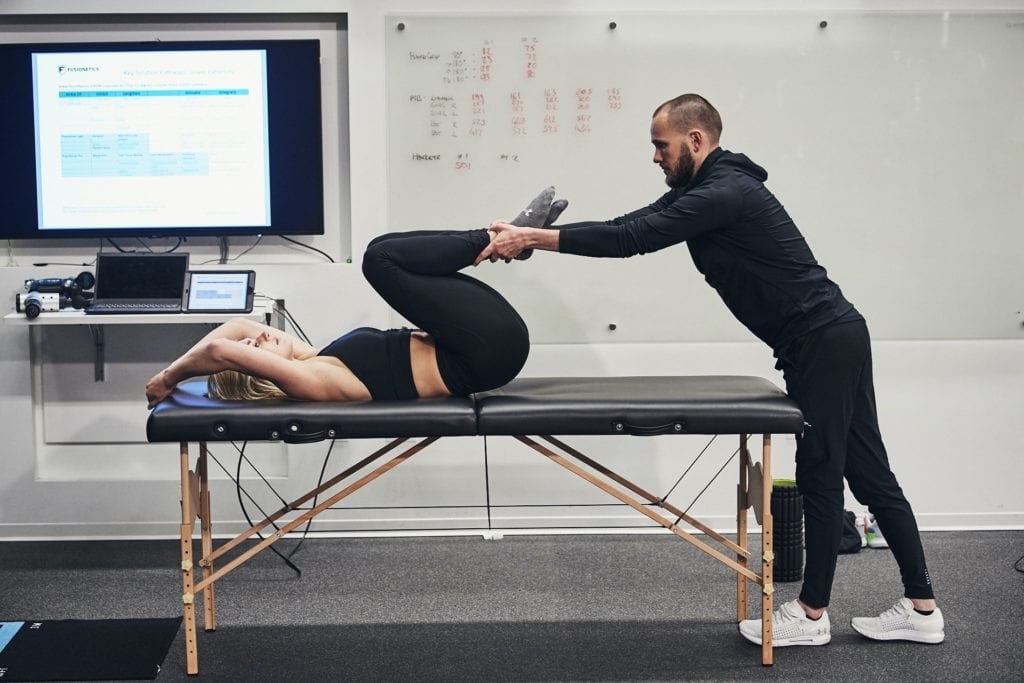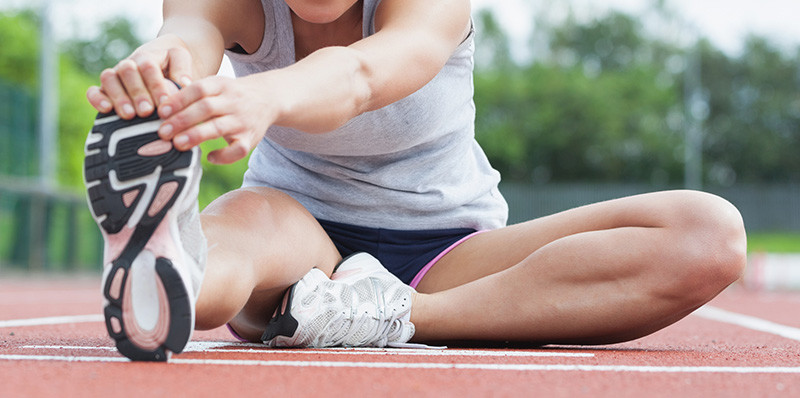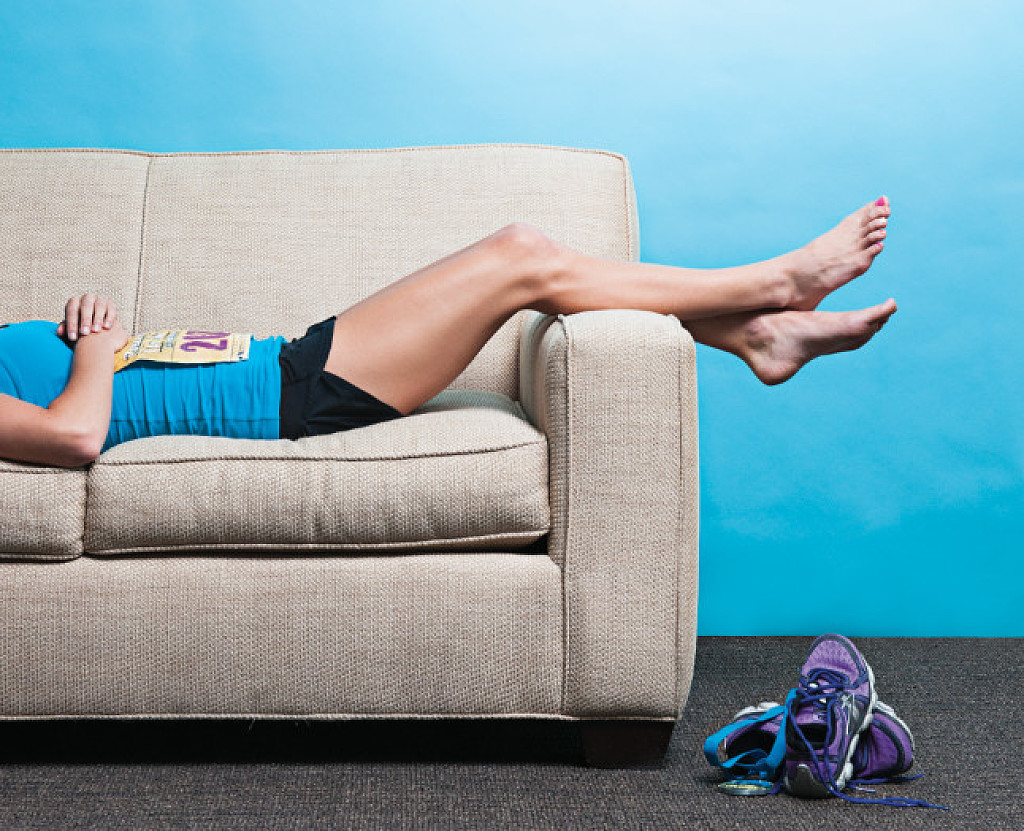Running News Daily
Running News Daily is edited by Bob Anderson. Send your news items to bob@mybestruns.com Advertising opportunities available. Train the Kenyan Way at KATA Kenya and Portugal owned and operated by Bob Anderson. Be sure to catch our movie A Long Run the movie KATA Running Camps and KATA Potato Farms - 31 now open in Kenya! https://kata.ke/
Index to Daily Posts · Sign Up For Updates · Run The World Feed
Recovery is the key to performance for runners
Many new runners believe that the more they run, the fitter and faster they will get. While this is true to a certain degree, performance gains actually happen not during activity, but during recovery – those periods of downtime when muscles and tissues repair themselves from the microtears inflicted during a workout – which is why runners need to pay as much attention to recovery as they do to training. Making sure you’re adequately recovered between workouts is also a good way to avoid getting injured.
Michael Watts, Under Armour’s Director of Global Athlete Performance, says recovery is “arguably more important than the training.” He adds that “Recovery can help us maximize our adaptation, or it can help us get ready for another training session, or it can help us get ready for an event.”
Watts says the most important aspect of recovery is planning for it. “I think most of us, when we start to think about training for a marathon or a half-marathon, we spend a lot of time on the training aspect: I’m going to run this pace and this many miles, I’m gonna do this on this day, and we forget to plan recovery.”

One easy way to train yourself to plan for recovery is, when designing or choosing a training plan, always include “easy” running days between hard workout days. For example, if you plan to do some combination of tempo runs, fartleks, track intervals and strength training once or twice a week, as well as your weekly long run, for best results schedule them at least a day or two apart, and either run easy on those days or take the day off. That way, after each hard or long session, you’ll be adequately recovered by the time the next one comes around.

Watts recommends having a recovery system that’s built into your training plan. “The tools, really, are the things that come and go, because technology changes and companies develop different tools,” says Watts. “We say, ‘Don’t chase the shiny objects, just make sure you have a bit of a system.’ For example, if you are going to do cold therapy, or contrast bathing, or infrared sauna, or whatever it might be, just know why you are doing that and how it fits into your system, rather than just doing it.”
It’s also important to have practical, lightweight, packable alternatives when traveling – such as compression socks and a stick roller, when you would normally use compression boots and a bulkier foam roller if you were at home.
Recovery starts with your cooldown
Getting into the habit of doing a proper cooldown after every workout is an excellent way to promote recovery. Always take several minutes to move around, jogging or walking, after your workout. Foam rolling and stretching (carefully, and avoiding any areas that may have been strained during your workout) can also be extremely useful, as are regular consultations with a physiotherapist and massage therapist.
The importance of sleep
Watts says that sleep is the No.1 recovery modality in helping both body and mind recover from hard exertion. “The science and research are growing, and we are starting to really understand the importance of sleep, not only for our health, wellness and longevity but also for our performance,” says Watts. He adds that the research recommends eight to 10 hours of sleep per night for athletes, with 20 to 25 per cent of sleep time being REM (rapid eye movement) and 15 to 20 per cent being deep sleep.
Watts can’t emphasize enough how important sleep is for performance: “Sleep can help repair and regenerate both the body and the mind, so it’s an essential recovery tool for athletes,” he says, pointing out that sleep reduces inflammation, promotes the production of human growth hormone, regulates blood sugar levels and hormonal responses throughout the body and allows the brain and body to detoxify. He adds that it’s while we sleep that the adaptations we’ve been training actually occur in the body (not while we are working out), so your best performance as an athlete depends on planning for adequate sleep, creating an environment that’s conducive to getting enough sleep and cultivating habits that protect your sleep.
by Anne Francis
Login to leave a comment




